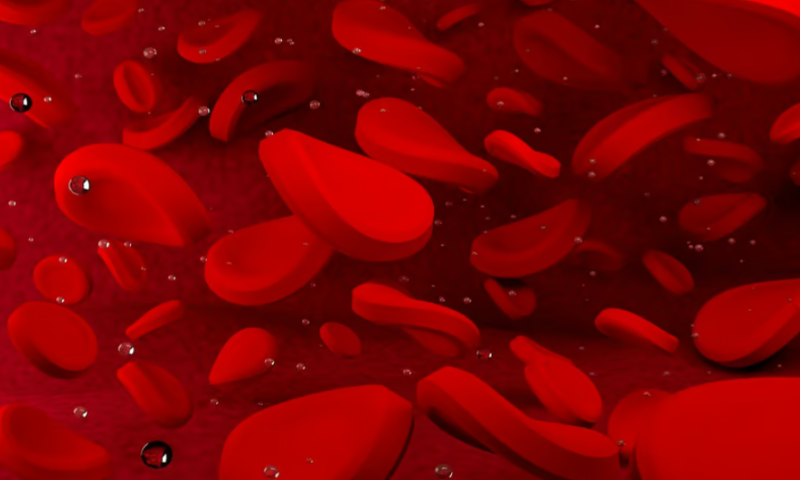Blackstone Life Sciences’ $250 million bet on an ex-Novartis drug candidate has racked up another phase 2 win. The data show Anthos Therapeutics’ abelacimab significantly cut bleeding compared to Bayer and Johnson & Johnson’s Xarelto, adding to evidence that the biotech’s candidate can treat thrombosis without affecting hemostasis.
Novartis filed to study the anti-Factor XI/XIa antibody, then known as MAA868, in a pair of phase 2 trials in 2018. The studies were designed to assess the ability of the molecule to inhibit FXI in atrial fibrillation patients and prevent clots in people undergoing knee replacement. However, Novartis withdrew the trials before enrolling any patients, and the next year Blackstone swept in and licensed the asset.
Since then, Anthos, the biotech Blackstone created to advance the candidate, has generated evidence that Novartis may have let go of a winner. Anthos linked the antibody to an 80% reduction in venous thromboembolism compared to enoxaparin in 2021 and has now followed up with data on bleeding.
Existing drugs stop venous thromboembolism, the formation of blood clots in veins, but raise the risk of bleeding. Anthos sees abelacimab as a way to dissociate thrombosis from hemostasis, preventing clots without causing as big an increase in bruising and bleeding. The 1,287-subject phase 2 trial that read out on Monday provides more evidence to support that theory.
Afib patients at moderate to high risk of stroke received Xarelto or one of two doses of the investigational antibody, which was administered subcutaneously once a month. The clinical trial linked the drug candidate to a reduction in the rate of major or clinically relevant non-major bleeding events, prompting Anthos to stop the study and offer patients on Xarelto the chance to switch to abelacimab.
Anthos, which will keep tracking patients in an extension study, is yet to share data from the phase 2 trial but called the reduction in bleeding “overwhelming” and “unprecedented.” The biotech will share the full data at an upcoming scientific congress.
In a statement, Brigham and Women’s Hospital’s Marc Sabatine, M.D., called the trial “the largest and longest head-to-head study of a Factor XI inhibitor to provide definitive evidence of a highly significant reduction in bleeding as compared to a standard-of-care anticoagulant.” The study had a median of 21 months of follow-up.
Anthos has already moved abelacimab into three phase 3 clinical trials that are enrolling people with afib and cancer patients at risk of venous thromboembolism. The biotech is one of a clutch of developers going after FXI, with Bristol Myers Squibb and J&J collaborating on milvexian and Bayer developing asundexian, both of which are given orally.

